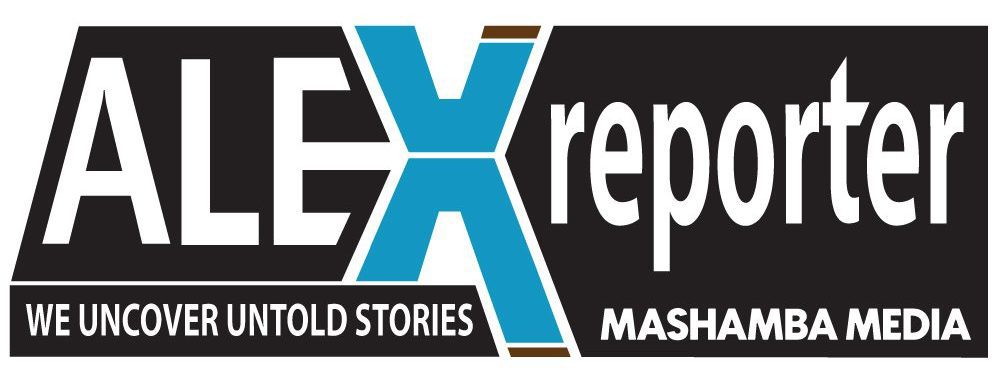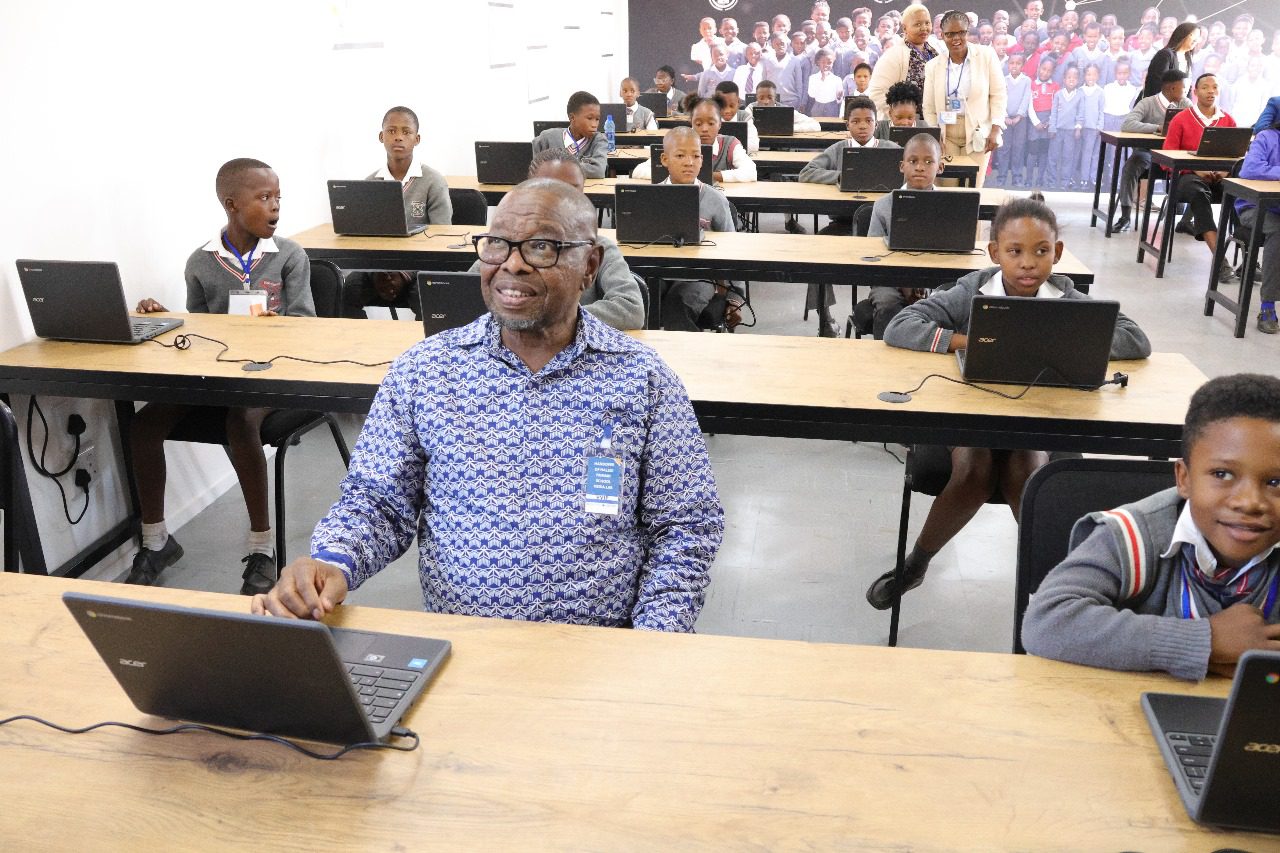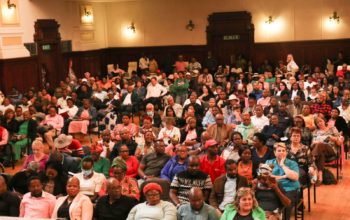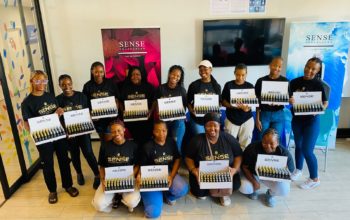By Mashamba Media
news@alexreporter.co.za
The Minister of Higher Education, Science and Innovation, Dr Blade Nzimande, says increased access to education for the previously disadvantaged in South Africa has been one of the benefits of the country’s freedom from apartheid.
The Minister was speaking in Letsopa, a township in rural Ottosdal in the North West, on Monday, 29 April, where he handed over a new media lab to Naledi Primary School.
This year marks 30 years since South Africa attained freedom from apartheid, during which black South Africans received greatly inferior schooling. Learners played a crucial role in the struggle against apartheid.
“One of the benefits of our freedom has been the significant expansion of access to both basic and post-school education for the children of the poor and the working class,” said Dr Nzimande.
Thousands of learners from schools in Ottosdal attended the event and engaged with the exhibitions, which featured hydrogen fuel cell technology and artificial intelligence projects, among others.
The media lab at Naledi Primary School is the fourth project to be handed over to rural schools and communities under the Department of Science and Innovation’s Special Ministerial Projects, which are intended to increase access to modern learning and teaching in rural communities.
Last month, the Minister was in Limpopo to hand over a science lab at Bungeni High School and a water-energy-food nexus project in Vhembe District Municipality.
This followed the handover of a media lab at Mugoidwa Secondary School in Tshivhulana Village in November last year. Two more media labs will be launched later this month in Mpumalanga.
The media lab at Naledi is equipped with 40 Google Chromebooks (low-cost alternatives to traditional laptops) powered by a solar energy system, comprising an 8,8 kWp rooftop solar photovoltaic generator connected to a 20 kWh lithium-ion battery for energy storage. The photovoltaic system is equipped with online energy monitoring, providing access to real-time energy generation and usage data from smart phones or a web portal.
The Chromebooks will use the Google for Education software suite, enabling collaborative learning on a secure platform, connected to a Smart whiteboard for an interactive and effective teaching and learning experience through the internet.
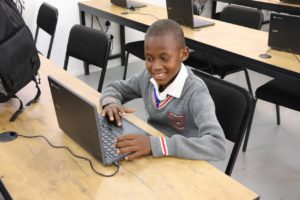
“Government efforts and initiatives such as the Naledi Primary School media lab project will continue to contribute to South Africa’s ability to create an enabling ecosystem that supports renewable energy-related innovation and skills development,” said the Minister.
Prof. Sampson Mamphweli of the South African National Energy Development Institute said, “The impact is massive as the media lab will change the way teachers teach at school in line with the 4th industrial revolution. Before we used to write on blackboards with chalk. Now we have smart screens.”
Earlier in the day, the Minister led a sod-turning ceremony at Ottosdal’s Realeka Secondary School, where a science laboratory will be constructed later this year. As with the science lab at Bungeni High School, it will come with furniture, science lab equipment and chemicals for Life Science and Physical Science.
The Naledi Primary School Principal, Mr Sephiri, expressed his gratitude, saying the new lab would help maintain the school’s excellence in education and its good reputation in the community.
He also expressed appreciation to the Vuselela Technical and Vocational Education and Training College which has partnered with the school to maintain the media lab, and to provide training to the teachers and local communities.
“Our children have been lacking knowledge of technology. So, with this lab, technology has come to our school, and we will use it to the best of our ability,” said Mr Sephiri.
